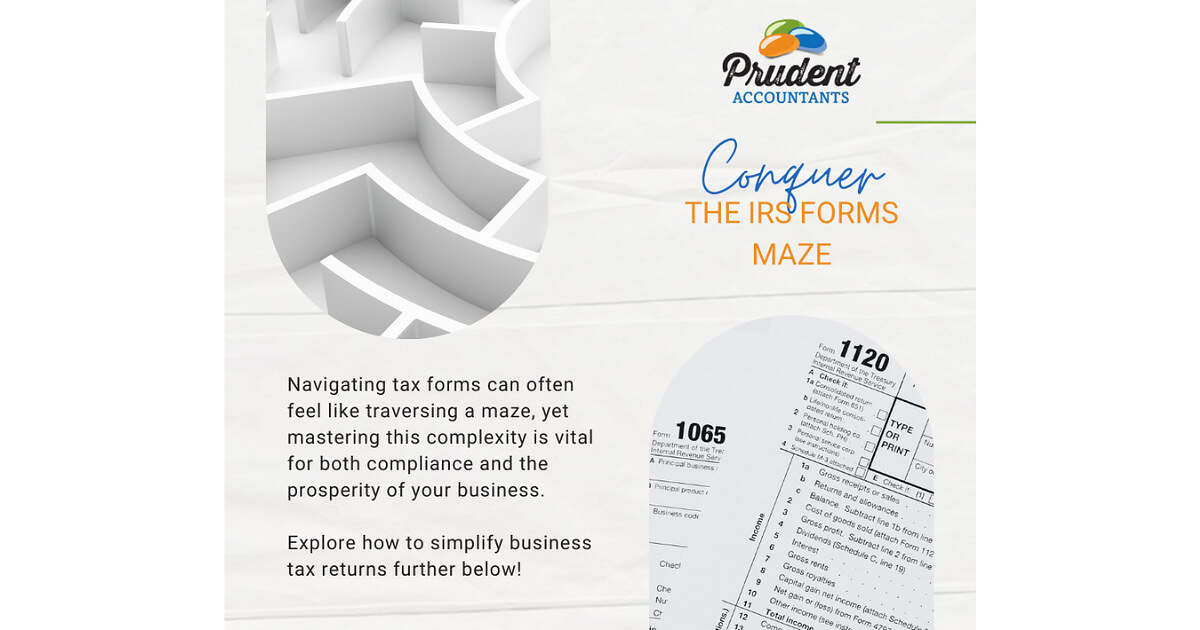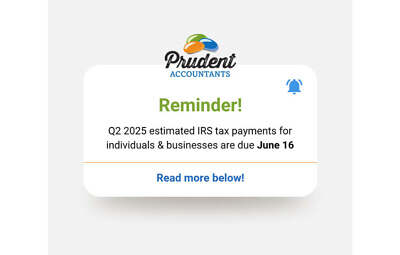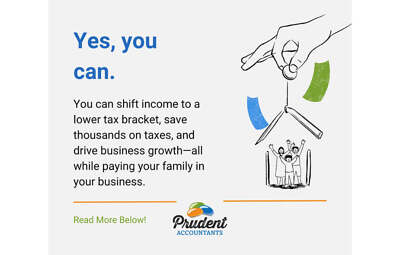Demystifying Business Tax Returns: Your Complete Guide to IRS Forms

Understanding the complexities of IRS Forms business tax returns is crucial for entrepreneurs and business owners aiming to ensure compliance and optimize their tax liabilities. Each tax form serves a specific purpose, tailored to different business structures and transactions. This comprehensive guide will walk you through the essential IRS Forms related to business tax returns, explaining their uses and significance.
Form 1065: Partnership Income
- What It Is: Utilized by partnerships, Form 1065 reports income, gains, losses, deductions, and credits.
- Who Needs It: Mandatory for entities classified as partnerships.
- Key Features: This form details the partnership’s financial activities. Schedule K-1s are issued to partners to report their share on individual tax returns.
Form 1120: C Corporation Income Tax Return
- What It Is: C corporations use Form 1120 to declare their income, gains, losses, deductions, and calculate federal income tax liability.
- Who Needs It: All C corporations are required to file this form, irrespective of their profit or loss status.
- Key Features: It captures a comprehensive account of the corporation’s financial activities, including dividends, interest, and other forms of income.
Form 1120S: S Corporation Income Tax Return
- What It Is: Form 1120S is designed for S corporations to file their taxes.
- Who Needs It: Specifically for S corporations, which distribute income, losses, deductions, and credits to shareholders for federal tax purposes.
- Key Features: Shareholders use Schedule K-1 to report their share of the corporation’s income and deductions on their personal tax returns.
Schedule C: Profit or Loss from Business
- What It Is: Attached to Form 1040, Schedule C allows business owners to report income or loss from a business.
- Who Needs It: Used by sole proprietors or single-member LLCs not classified as corporations.
- Key Features: It outlines the business’s income and permits deductions for business expenses like cost of goods sold and office expenses.
Form 990: Nonprofit Tax Return
- What It Is: An informational form that nonprofits file annually.
- Who Needs It: Required for most tax-exempt, non-profit, and non-governmental organizations.
- Key Features: Offers public insight into a nonprofit’s finances, aligning with its tax-exempt mission.
Additional Forms and Insights
- Sales and Use Tax Returns: Required for businesses selling goods and specific services, varying by state.
- Employment Tax Forms: Forms such as 940 and 941 report federal unemployment taxes and quarterly payroll taxes, respectively.
- State-Specific Forms: Various states require unique forms for income, franchise, or other business taxes, differing by business location.
How Prudent Accountants Can Support Your Business
Tackling the complex world of tax forms is essential for business health and regulatory compliance. Prudent Accountants specializes in deciphering the tax code, IRS Forms offering solutions that range from detailed bookkeeping to strategic CFO services.
- Tax Preparation and Strategy: Maximizing tax-saving opportunities while ensuring adherence to the latest tax laws.
- Customized Financial Reporting: Providing clear financial insights through income statements, balance sheets, and more.
- Strategic Advisory Services: Beyond compliance, our team offers advice on financial planning and strategy to align with your business objectives.
Embarking on the tax season journey doesn’t have to be a solitary path. With Prudent Accountants, your business’s financial needs and compliance are meticulously managed. Reach out today to secure your company’s fiscal health and compliance with confidence.








